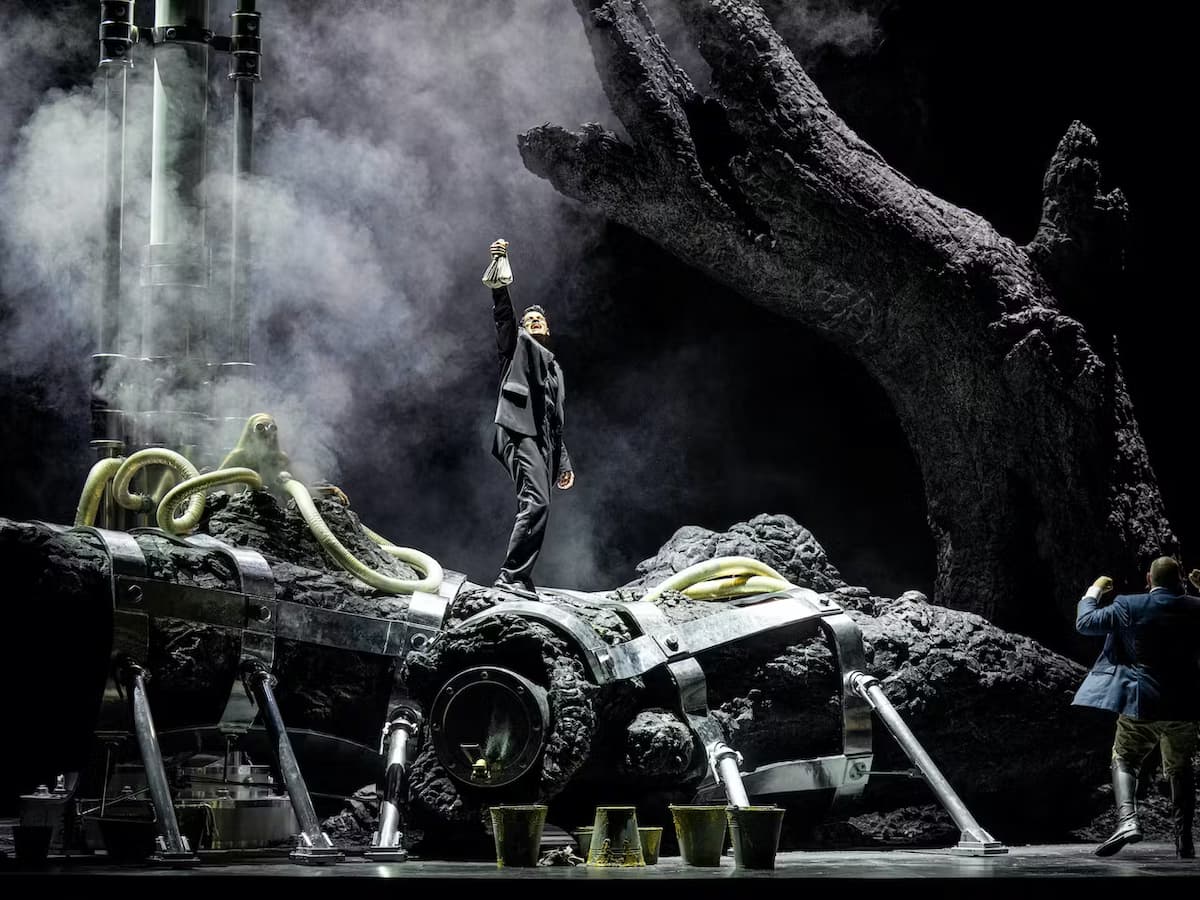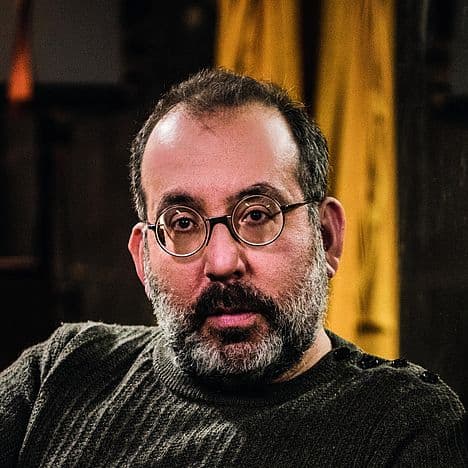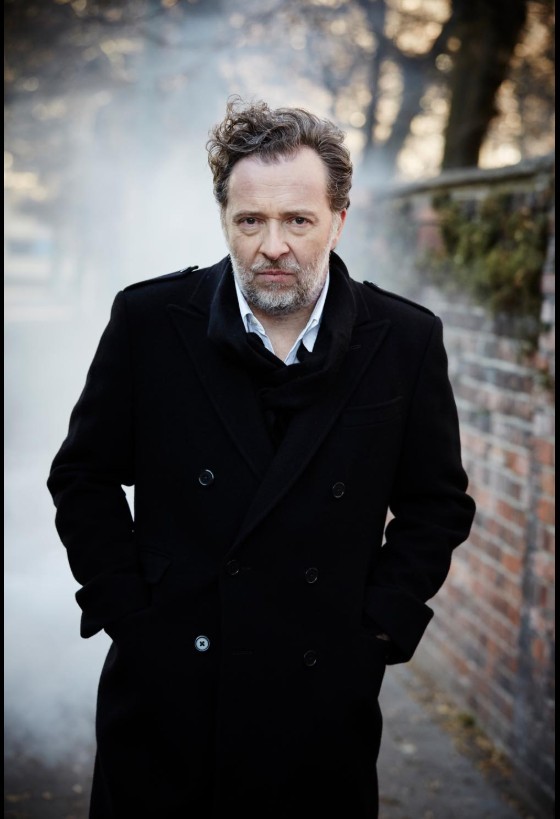The Royal Opera House’s new production of Wagner’s Rheingold, directed by the often provocative and occasionally controversial Australian Barrie Kosky, achieved what most opera houses can only dream about: it became the talk of the town. I heard from one Wagnerian veteran who found this Rheingold disgusting and ill-conceived, while another one declared it the best version ever and was watching it twice in a row. Many who had never dared attend a Ring cycle had heard about the chatter and signed up to see this first instalment of Wagner’s epic tetralogy.
The Royal Opera: Das Rheingold trailer
Chief irritant to many was the prominence of a silent Earth Mother Erda in the shape of the 82-year-old model and dancer Rose Knox-Peebles, who opens the opera stark naked and remains like that throughout most of the performance, demonstrating remarkable stamina. The message of anguish over the state of the world, greedy pillaging of Mother Earth (sensationally portrayed in the gold-smithing scene with the Nibelung brothers Alberich and Mime), and irretrievably faded beauty was unmissable. The spine-tingling finale where Erda stands beaconlike as a bridge to the future or maybe just to Walhalla was equally unforgettable.

Wagner’s Das Rheingold, Royal Opera House 2023 © roh.org.uk
Kosky’s greatest achievement was to make eminent sense of the story. He credibly and realistically portrayed the dysfunctional family of Wotan, with all its foibles and contradictions that we know from everyday life. He was aided by an unusually expressive cast of performers, who built dramatic tension and thrillingly brought the story to life. No stand-and-deliver stentorian singers with horned helmets here. This was a Rheingold that was understandable.
The director oversaw a cast that proudly celebrated inclusion. It featured British, African-American, Indian-American, Korean, Kyrgyz, Maltese, and Russian singers, and of course the body-positive octogenarian model. Ironically, the only German (Wiebke Lehmkuhl) was offstage, lusciously singing Erda’s short exhortations to Wotan.
The stage set (Rufus Didwiszus), grounded by a large, burnt-out multi-branch tree trunk, was more problematic. Meant to represent the World Ash Tree holding the universe together, it worked wonders in Scene 3, where liquid gold was oozing out of a hollow branch, and it provided plentiful hide-and-seek opportunities for Alberich’s transmogrifications, but it was a far cry from a low budget version of Robert Lepage’s effective but unfinanceable “Machine” at the Met. Tragically, it totally failed in the first scene as the Rhine maidens’ home. There was no joy, no hope, and clearly no water. Dressed in lugubrious black, the Rhine maidens (Katharina Konradi, Niamh O’Sullivan, Marvic Monreal – all in excellent vocal form) sang enthusiastically of their joyous rapture in the lovely Rhine. If only they actually had a river to live in.

Barrie Kosky © Vienna State Opera
Christopher Maltmann led the cast as a sonorous yet all too human Wotan. He possesses the vocal strength and dramatic ability for this multi-faceted and complicated ruler of the Gods. As a bonus, he boasts crystal-clear German diction. Marina Prudenskaya was an attractive, powerful, and believable Fricka (Wotan’s wife) with a voice to match.
Other family members Freia (silken-voiced Kiandra Howarth), Donner (athletic and angry Kostas Smoriginas), and Froh (friendly though vocally restrained Rodrick Dixon) were all well cast.
Christopher Purves was a fascinating and sensitively sung Alberich, leader of the Nibelung dwarves. His journey from lecherous simpleton to dangerously evil schemer was emotionally captivating. It was hard not to feel for Alberich after all the humiliations he endured. His abused brother Mime was effectively portrayed by Brenton Ryan.
Sean Panikkar’s hyperactive, impish yet sly Loge was a scene stealer with a chilling laugh. He was the consummate outsider who outsmarts everyone yet never truly belongs.
Fasolt and Fafner were powerfully portrayed by a threatening Insung Sim and a somewhat more relaxed Soloman Howard (memorable in his ROH debut as Ramfis in this season’s Aida).

Rose Knox-Peebles in ‘Das Rheingold’ © Monika Rittershaus
Antonio Pappano kept up the speed, not letting the music drag for a minute. He highlighted the score’s utterly delicious passages while unleashing the awesome power of his enormous orchestra and its Wagnerian horns when needed.
Kosky’s Ring is clearly not one that will be forgotten.
Performance attended: September 26, 2023
For more of the best in classical music, sign up for our E-Newsletter


